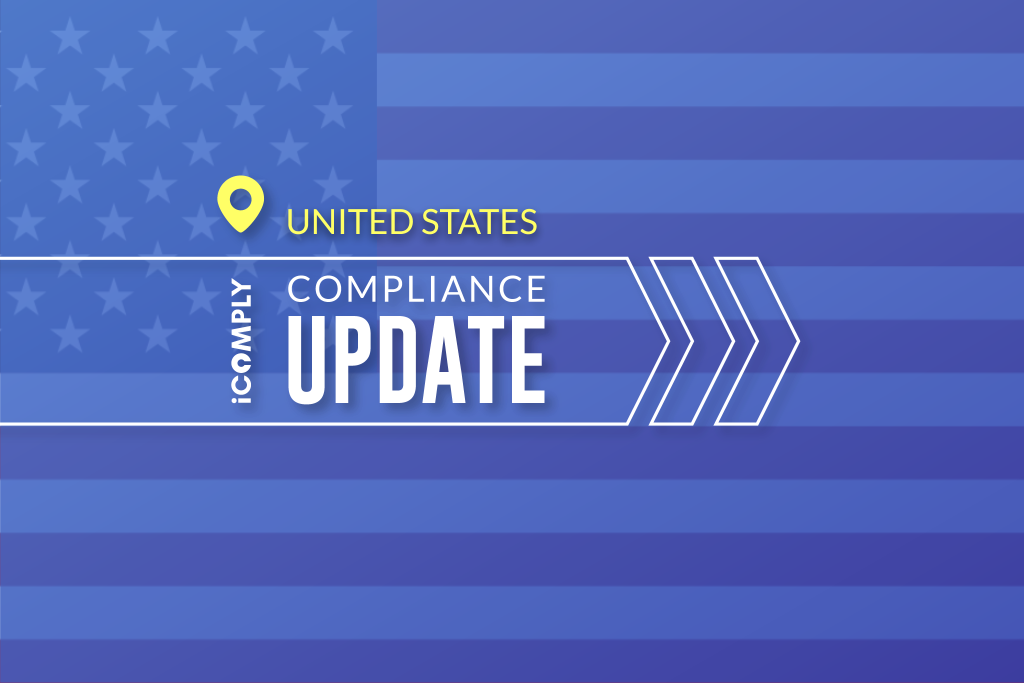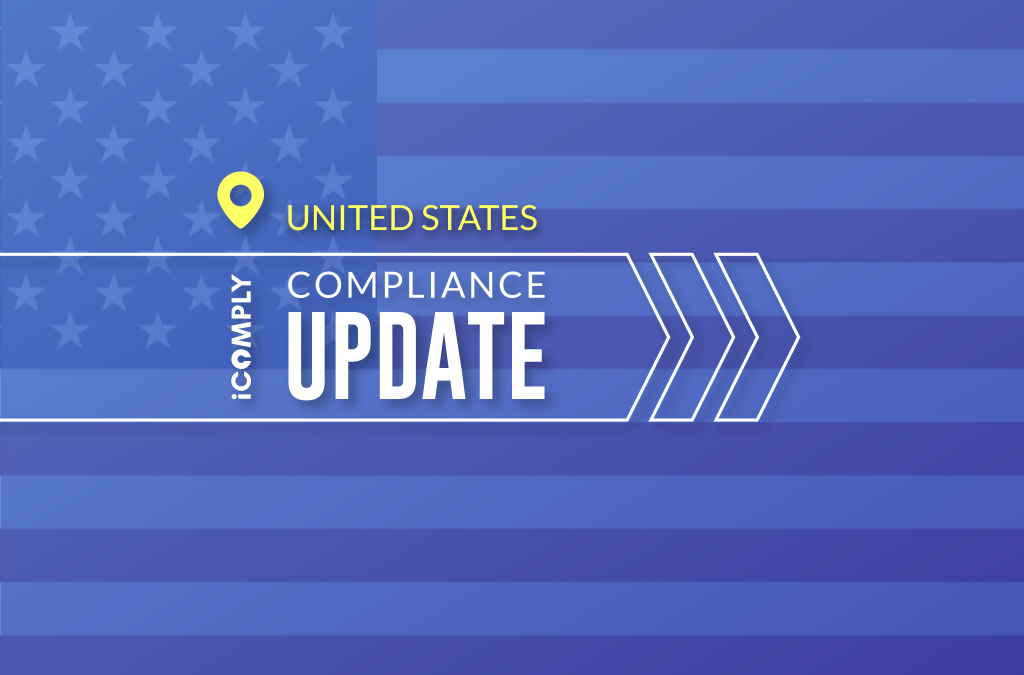SEC Ruling Issued Against BitClave ICO

Unregistered $25.5-million ICO issuer ordered to return money to investors
What Happened?
May 28, 2020: The Securities and Exchange Commission (SEC) found BitClave PTE Ltd. of San Jose, California conducted an unregistered Initial Coin Offering (ICO) between June and November 2017.
Source: https://www.sec.gov/news/press-release/2020-124
Who Is Impacted?
The 9,500+ investors who invested USD $25.5 million into BitClave’s Consumer Activity Token (CAT).
Why This Matters?
Because it was never registered as a security, the public sale of the CAT token violated the registration provisions of federal securities laws in the United States.
In the US, securities issuers must follow registration requirements, or use a registration exemption such as Reg D or Reg CF. Token issuers that use US exemptions must follow specific restrictions and thresholds – for both the primary sale and the secondary market of any security they issue. BitClave has been ordered by the SEC to return all the funds they acquired through this token sale.
What’s Next?
Without admitting or denying the SEC’s findings, BitClave has agreed to pay a total disgorgement of USD $25,500,000, a prejudgment interest of USD $3,444,197, and a penalty of USD $400,000. The SEC’s order also establishes a Fair Fund to return monies paid by BitClave to the 9,500+ injured investors.
Finally, BitClave has also agreed to transfer all of the remaining CAT in its possession to the fund administrator for permanent disabling, publish a notice of the SEC’s order through their site, and request the removal of CAT from all virtual asset trading platforms currently listed for sale or trade.
learn more
Is your AML compliance too expensive, time-consuming, or ineffective?
iComply enables financial services providers to reduce costs, risk, and complexity and improve staff capacity, effectiveness, and customer experience.
Request a demo today.
KYC in Various Industries: Tailoring Compliance to Sector Needs
Know Your Customer (KYC) regulations are fundamental to maintaining security and compliance across different sectors. However, the requirements and practices for KYC can vary significantly depending on the industry. This article...
AML Risk Management: Strategies for managing AML risks in financial institutions.
Managing anti-money laundering (AML) risks is a critical responsibility for financial institutions. Effective AML risk management strategies help institutions identify, assess, and mitigate risks associated with money laundering...
Transaction Monitoring Techniques: Methods for effective transaction monitoring to detect suspicious activities.
Transaction monitoring is a critical component in the fight against financial crimes. By continuously analyzing transactions for suspicious activities, financial institutions can detect and prevent fraudulent activities such as...




